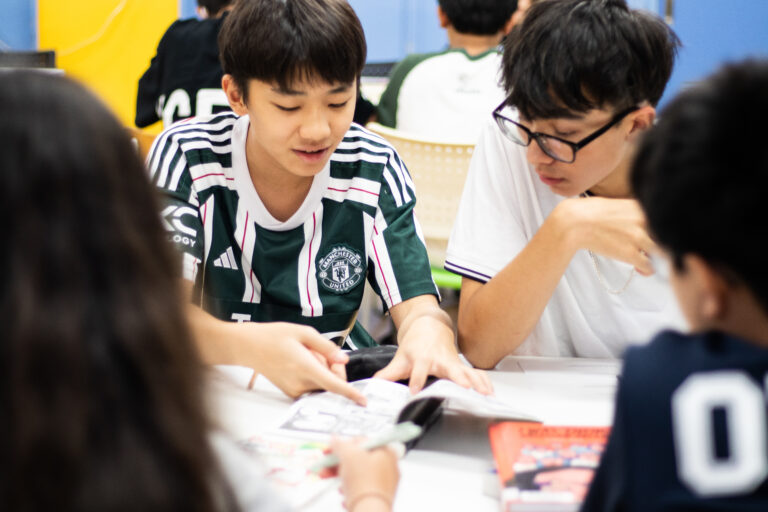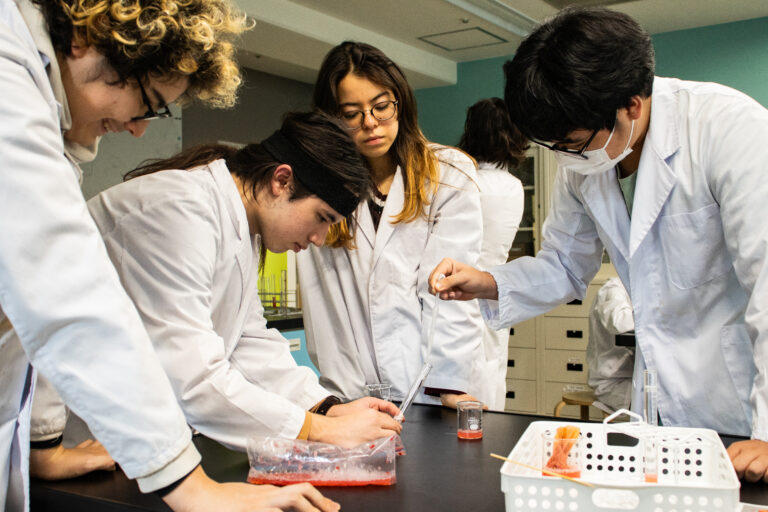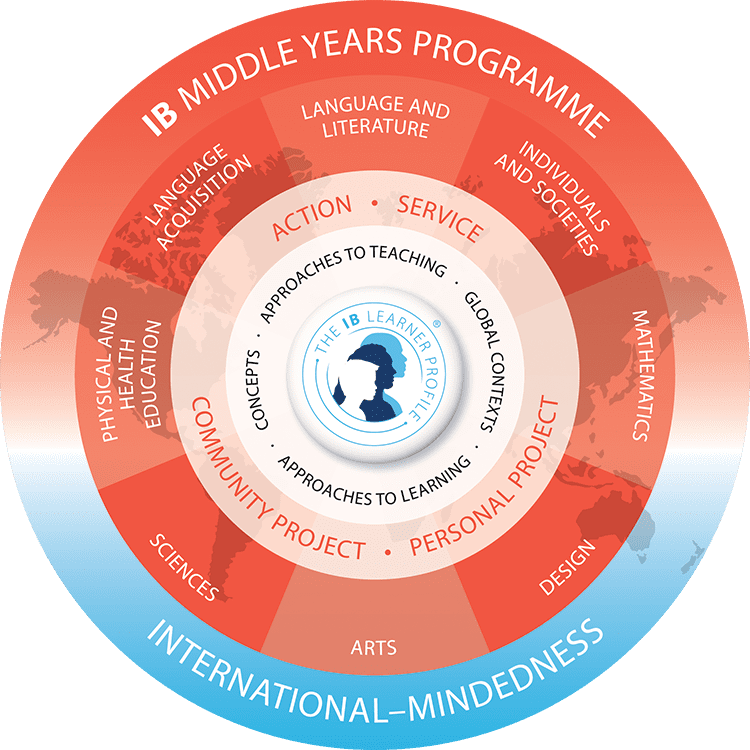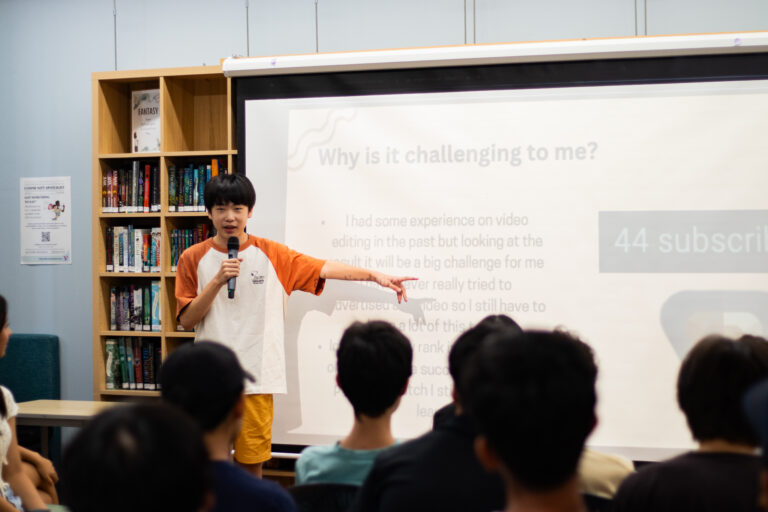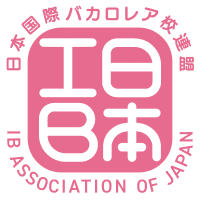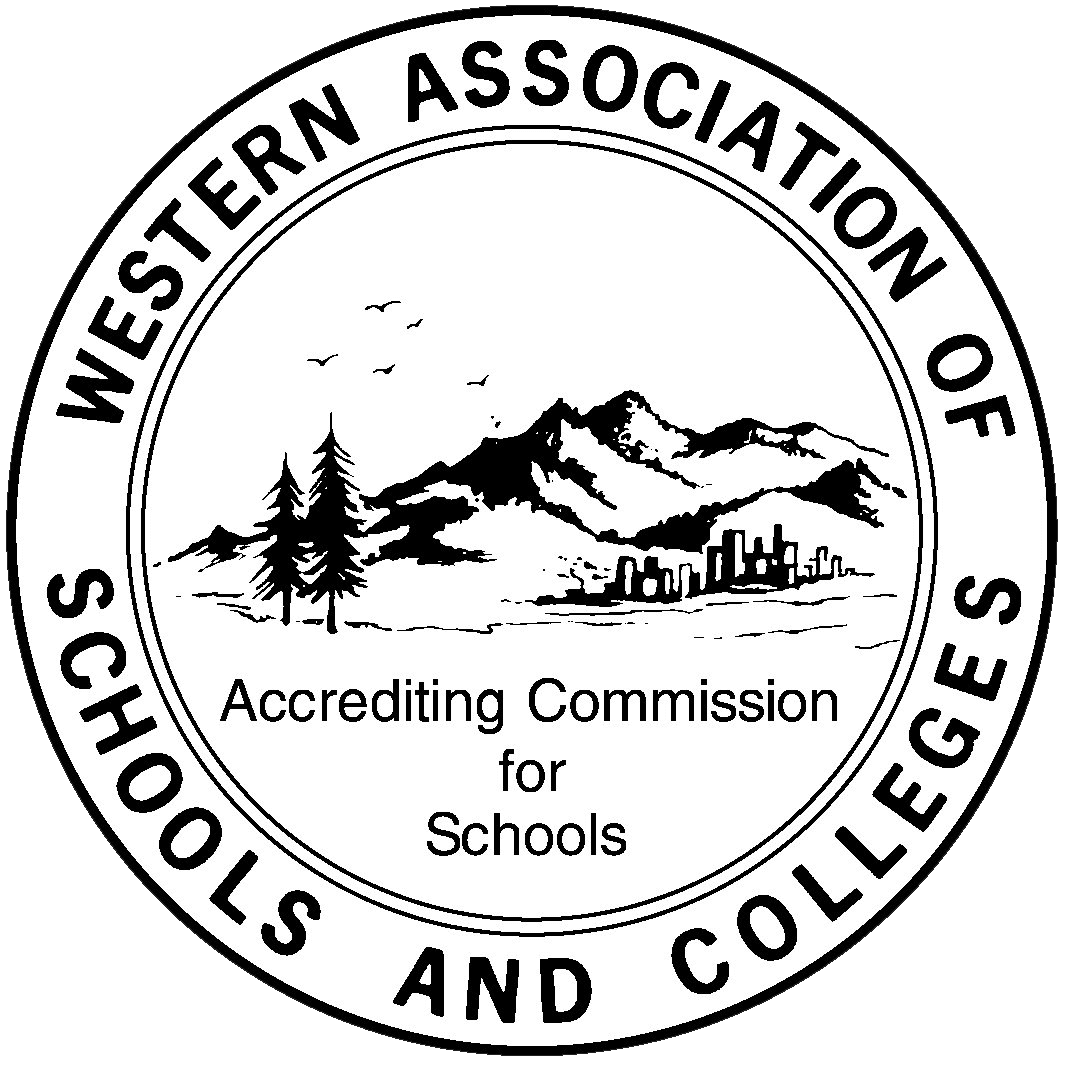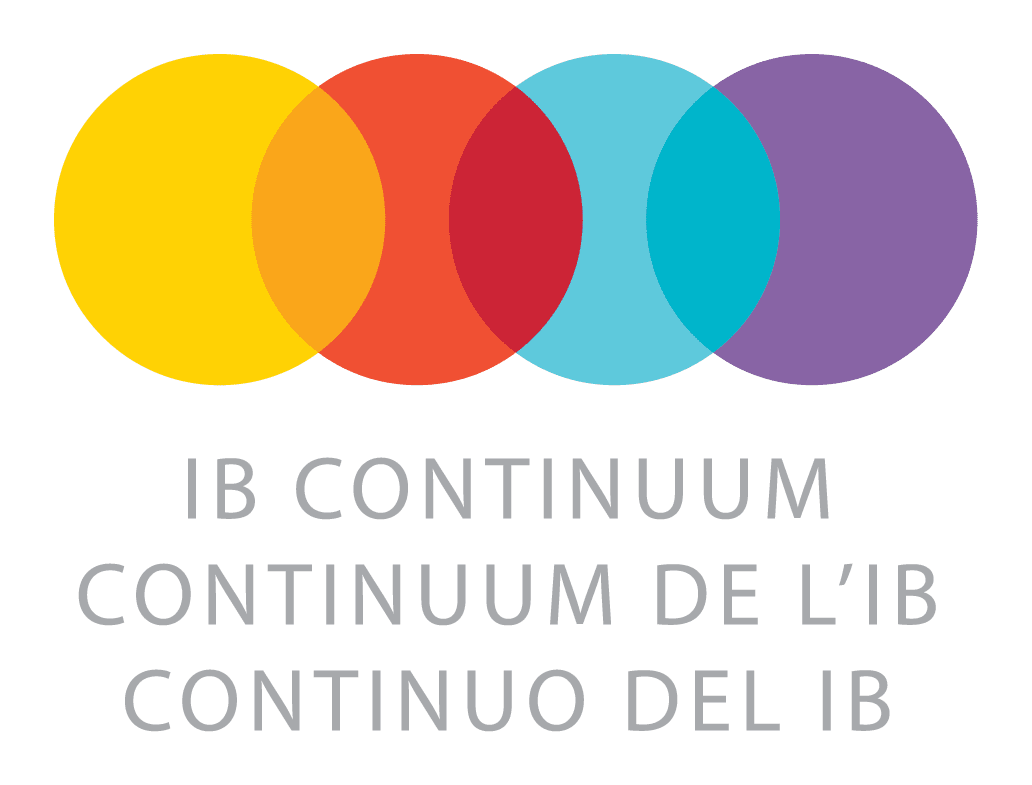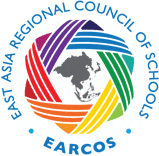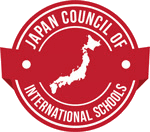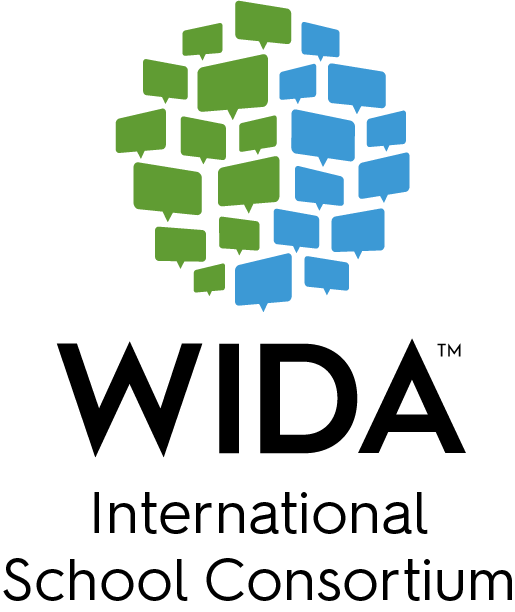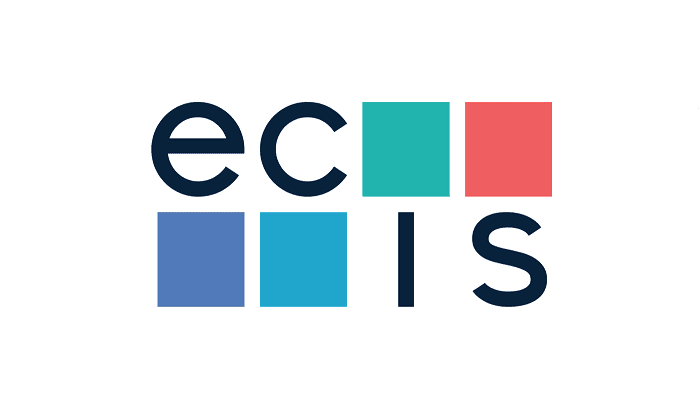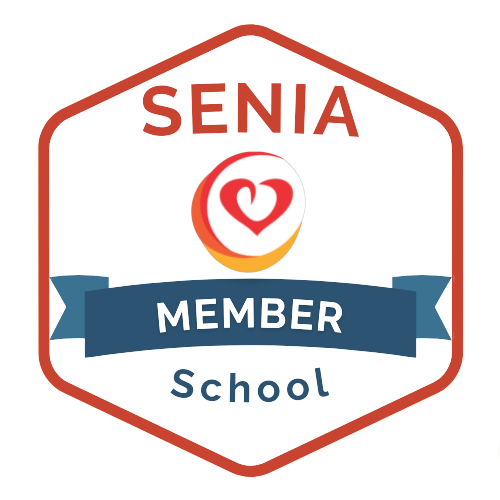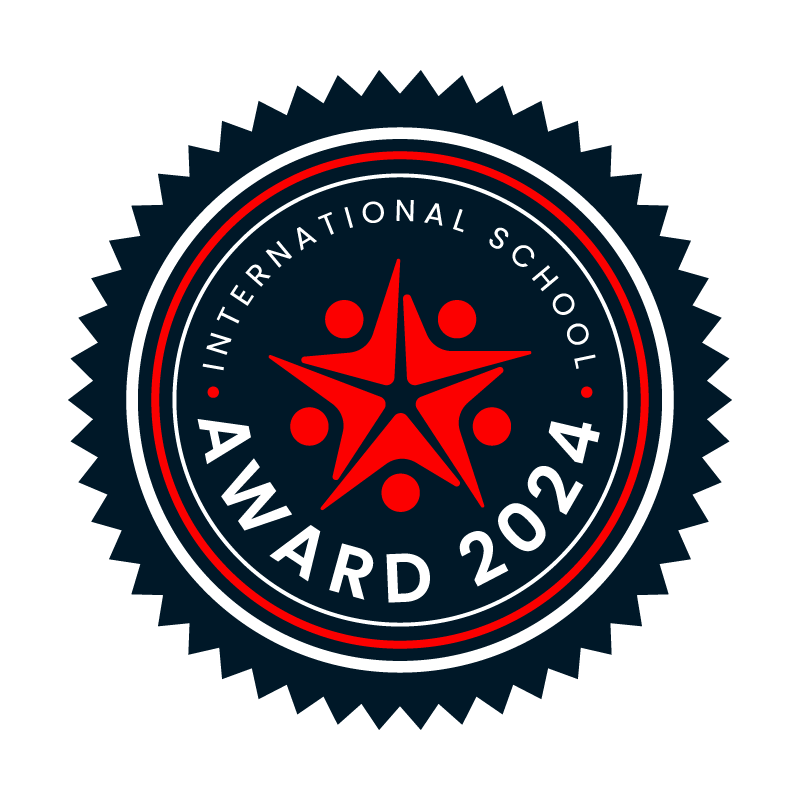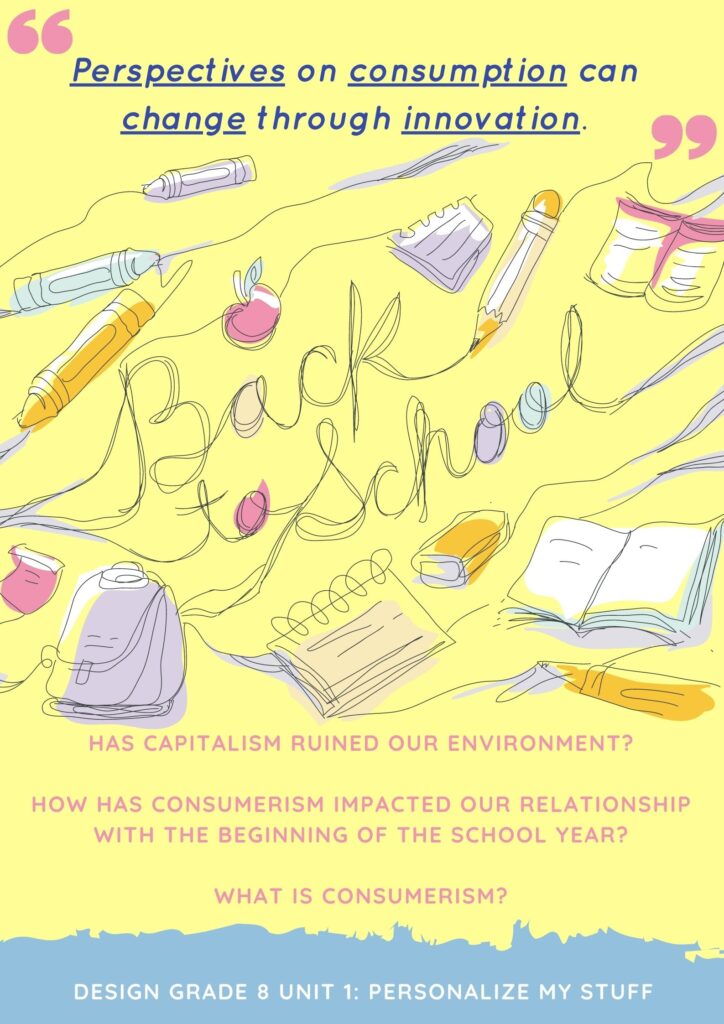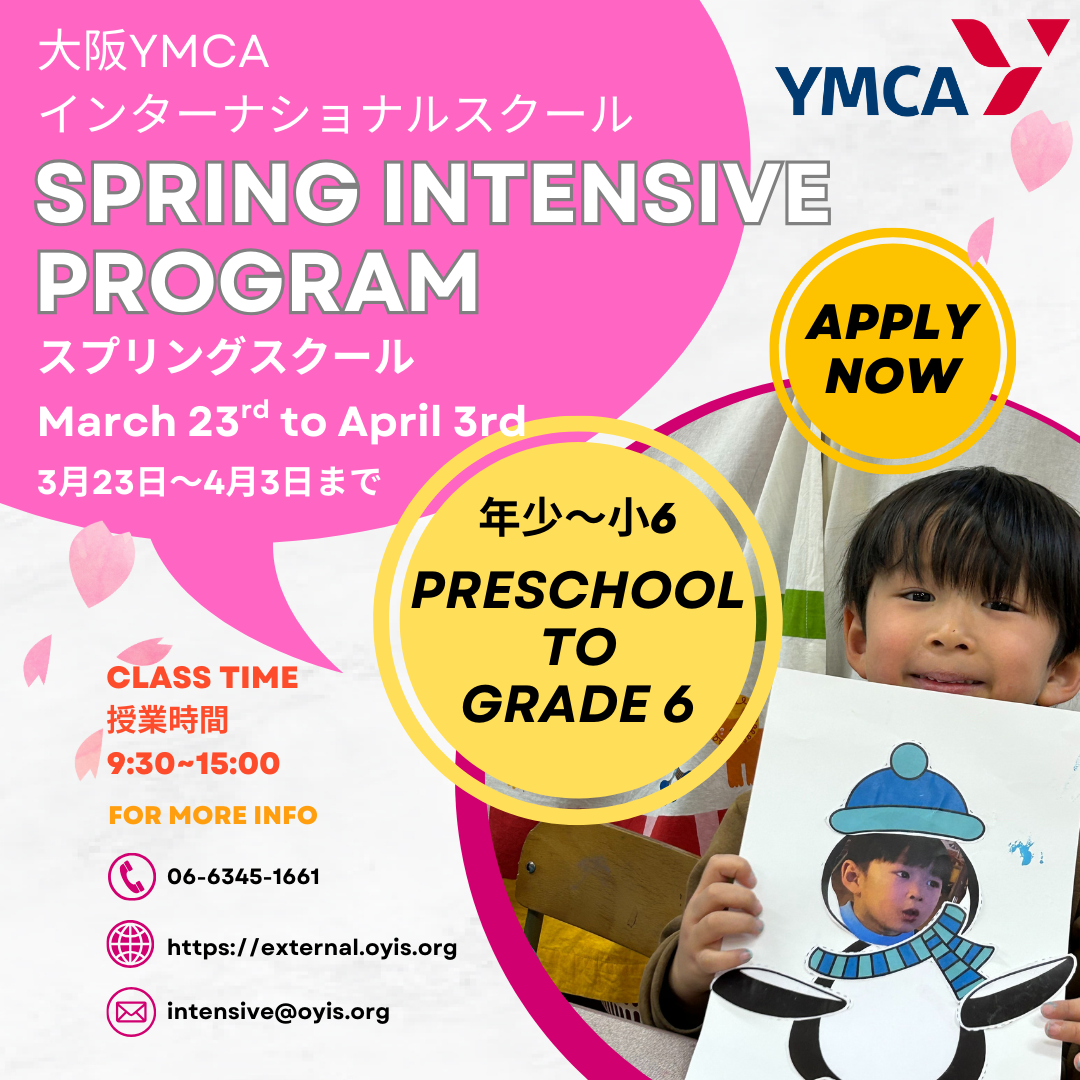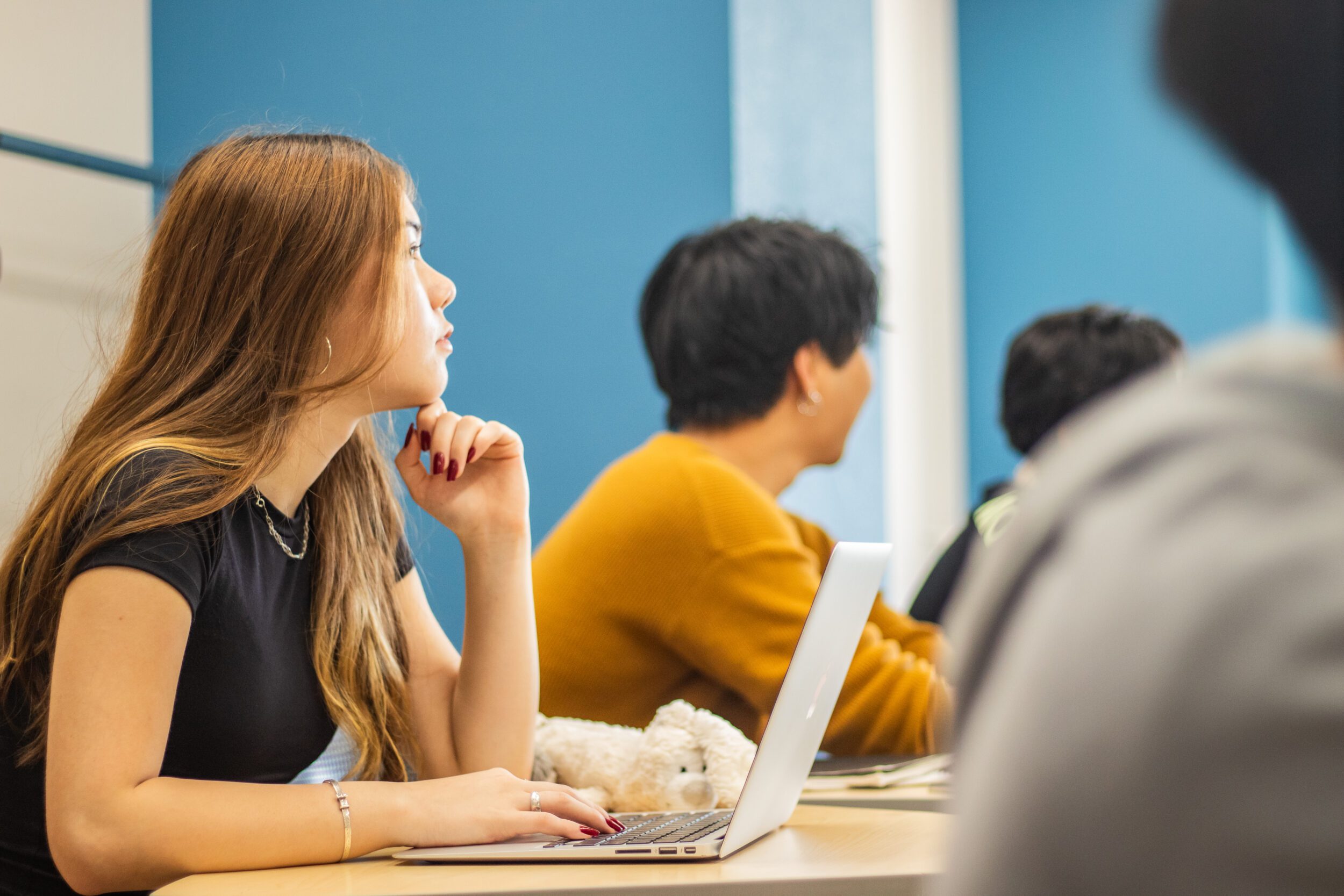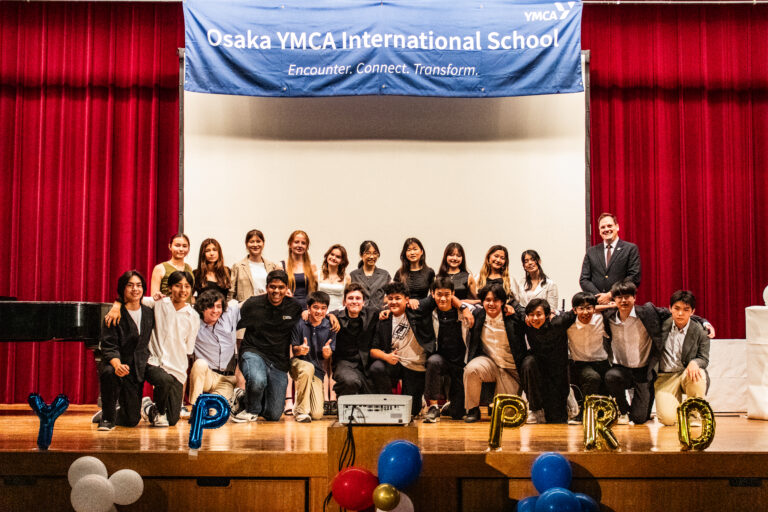
OYIS was authorized as a Middle Years Programme school in June 2021.
At OYIS our goal is to care for, educate, and develop independent, globally-minded students.
Beginning in grade 7 and finishing at the end of grade 10, the Middle Years Programme (MYP) is a holistic and rigorous 4-year course that encourages students to make connections between their studies and the real world.
Through our inquiry-based instruction, we aim to foster collaborative, balanced, and reflective lifelong learners who engage meaningfully in their communities.
